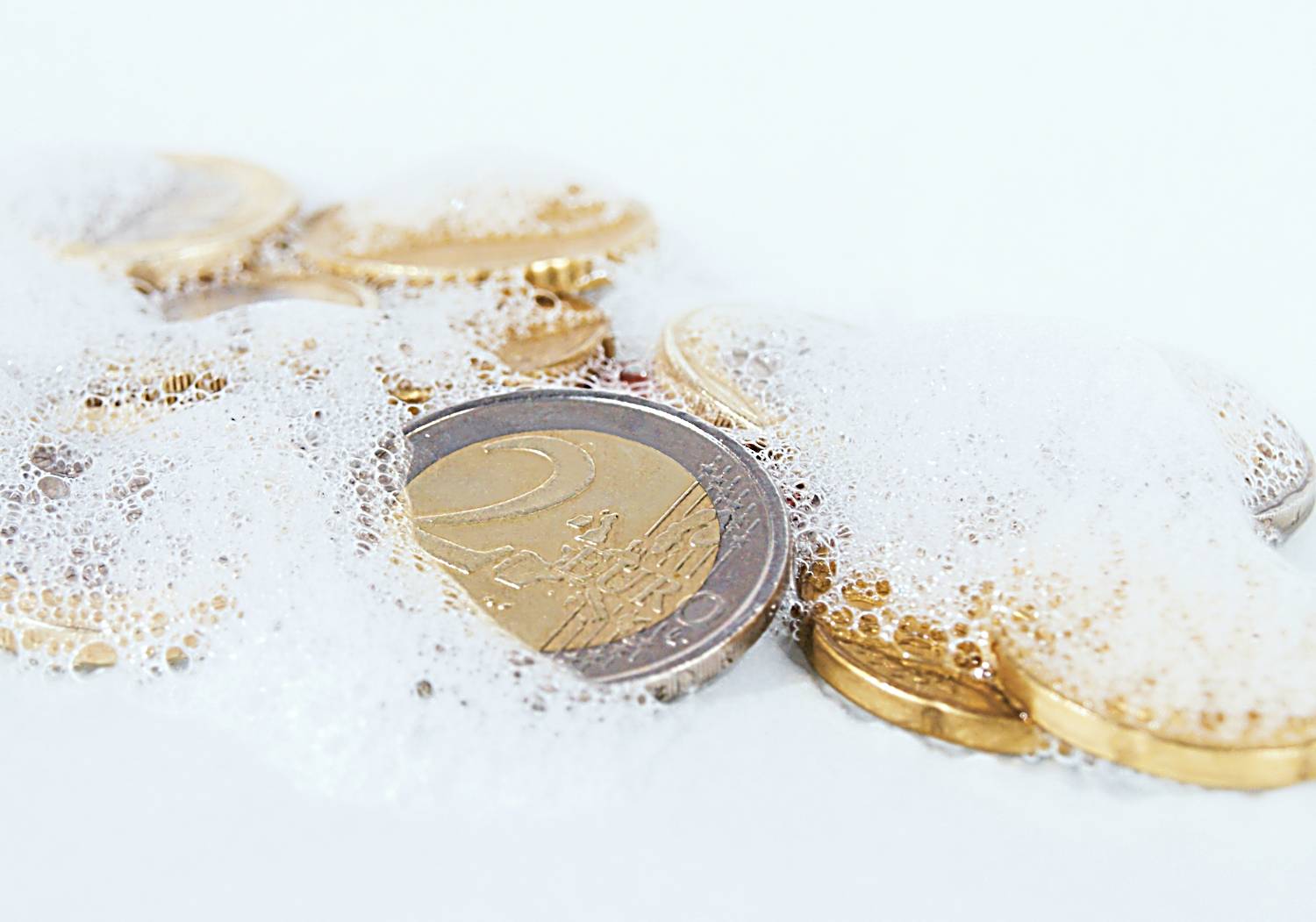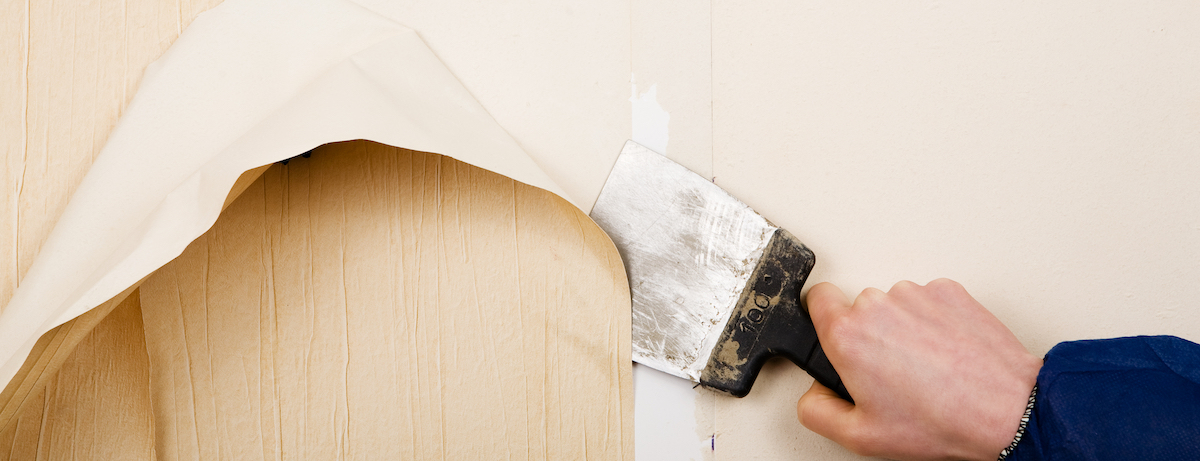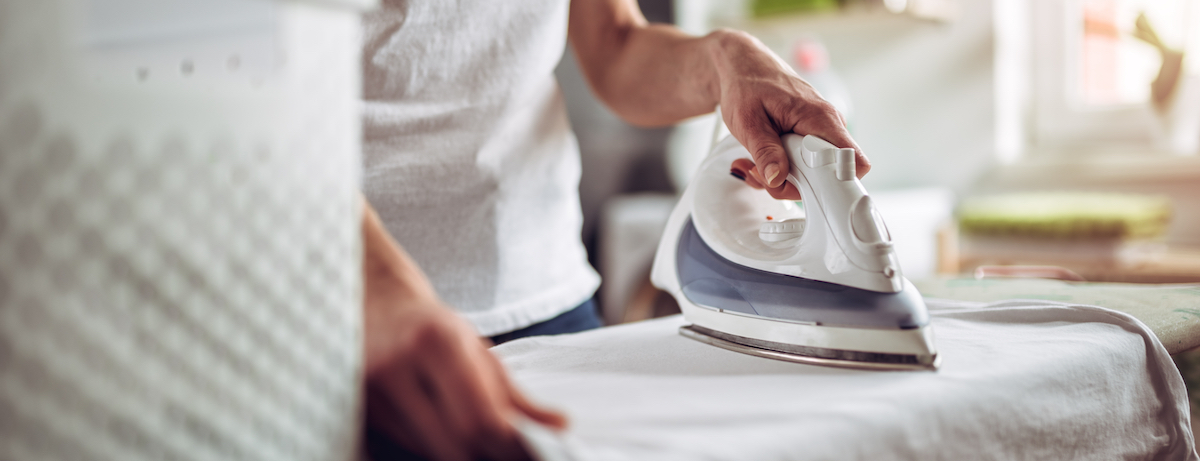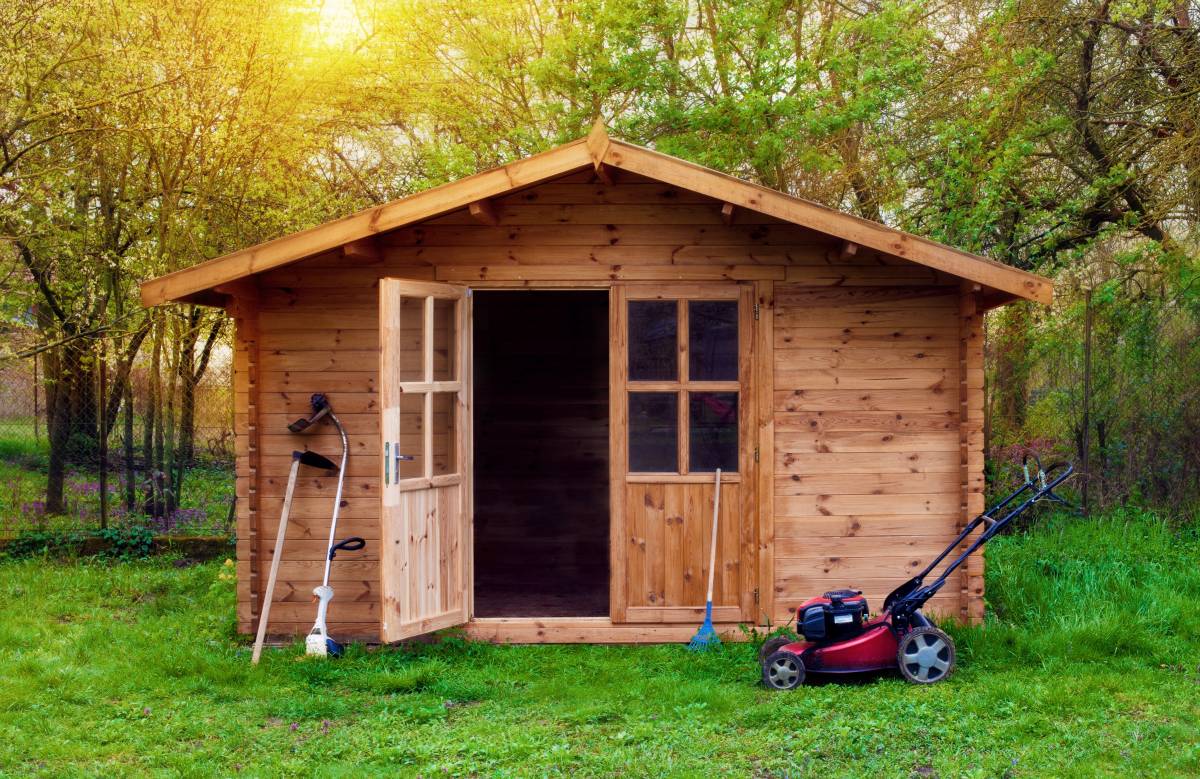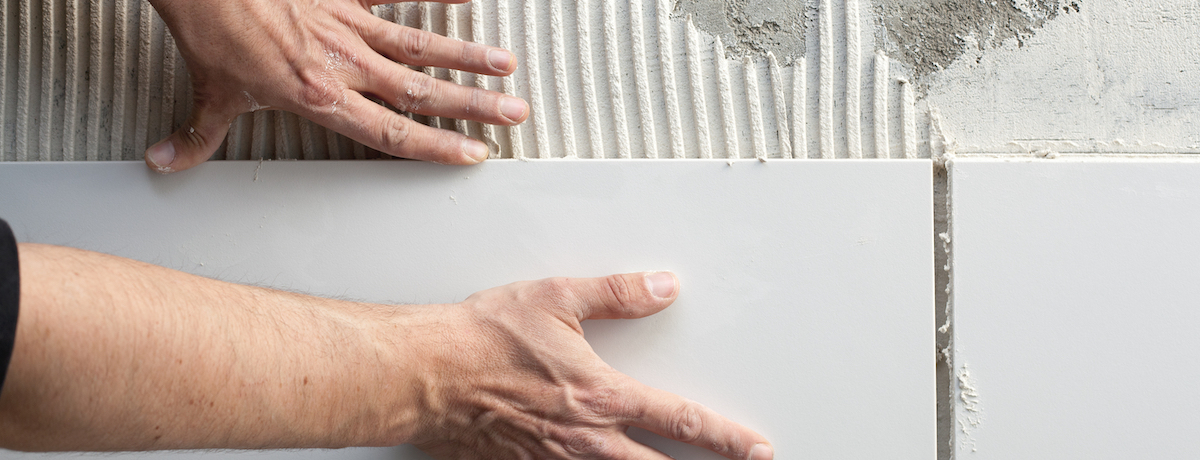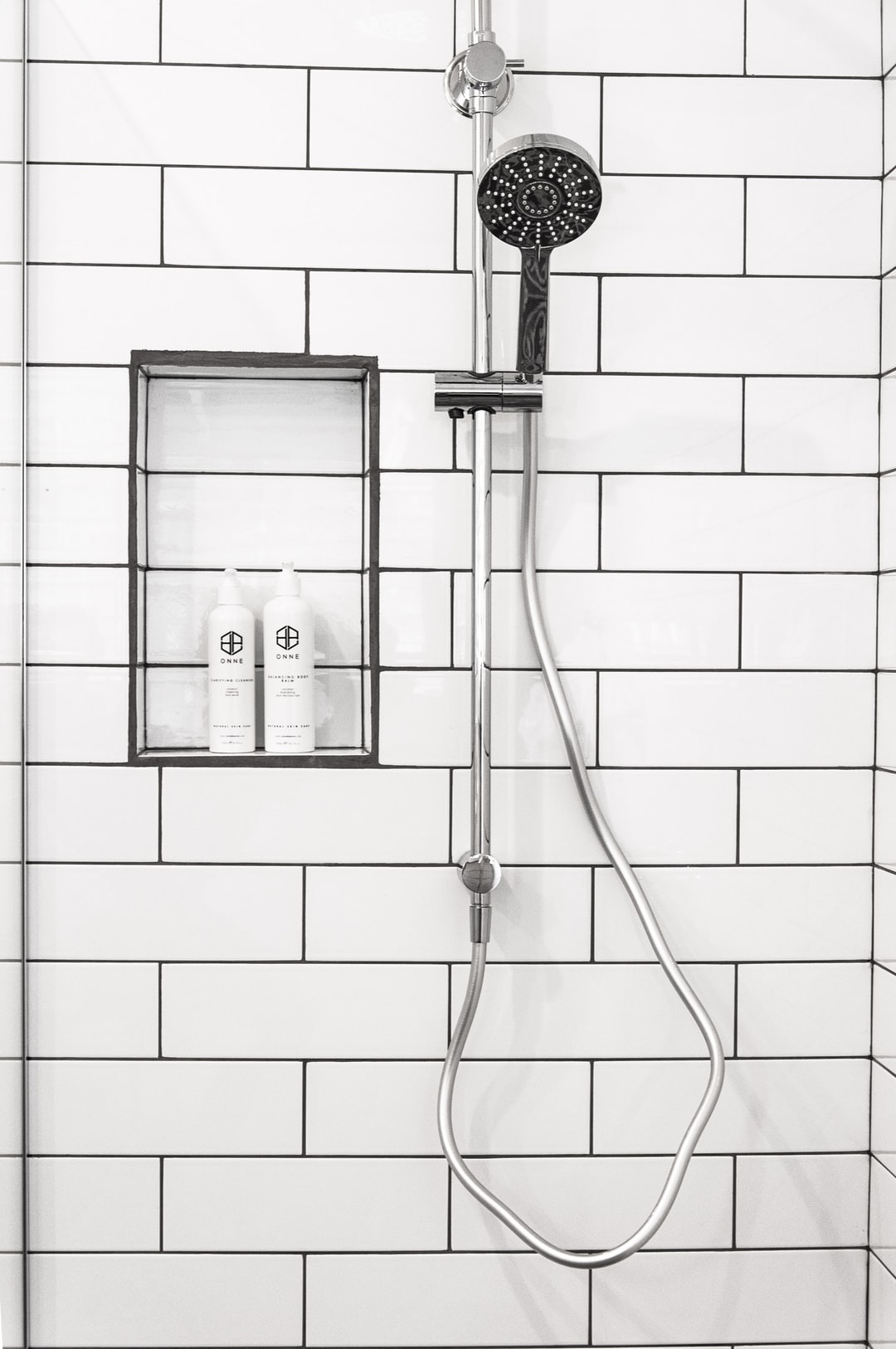We’ve all heard about dirty money. While the saying isn’t always meant literally, there are situations where it most certainly could and should be. Learning how to clean coins is a handy skill for collectors who happen upon rare pieces that, when cleaned, can be worth a lot more than the number etched into them!
In this article, we’ll explore different ways how to clean old pennies without devaluing them. You’ll learn how to keep the unique colour of your coin collection, learn about homemade cleaning solutions, and explore the do’s and don’ts of coin cleaning.
But first, let’s address a question that may be on your mind: Do you really need to clean your coins?
Should you even bother cleaning your coins?
It’s important to note that many professional cleaners recommend that you simply do not clean old coins that may hold some value.
Generally speaking, an antique metal currency should be left alone to preserve it, but if there is an unbearable amount of grime and grit on the coins, and you planning on displaying them, give them a clean. The same goes for cleaning your precious silver.
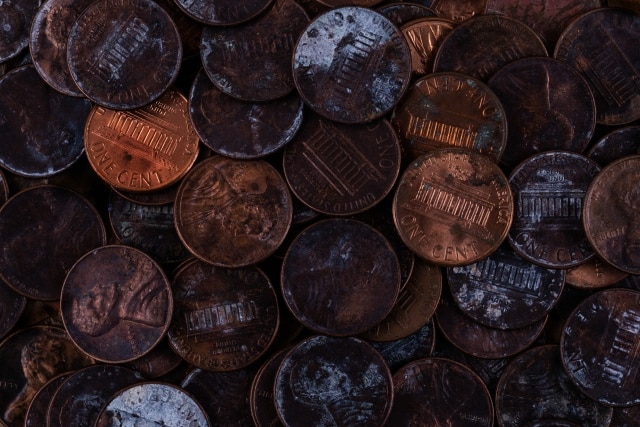
Just keep in mind that cleaning or polishing rare coins will often devalue them. If you’re planning on selling them, we recommend that you get an appraisal before attempting a clean. Or book an expert to clean your rare coins and jewellery collections.
But, if you happen to be in possession of some coins that have sentimental value to you and you do not have any plans to sell them, then there’s no harm in cleaning the coins and make them a little nicer to look at.
Another reason why you may need to clean your coins is if you have normal everyday coins that are simply extremely dirty. These days, in particular, cleanliness is very important. Coins get passed around and can collect all kinds of bacteria.
So, if you are planning on keeping your coins for a while, possibly in the piggy bank or jar, give them a clean first. It’s always better to be safe than sorry by keeping everything nice and clean! Follow the steps below and make those coins shine to look their best.
How to clean coins without damaging them: A step-by-step guide
Coins can get very dirty and easily corroded. There are a number of ways to clean change using different cleaning solutions and homemade methods that will return excellent results.
Step 1: Determine your coin’s value
When it comes to cleaning old coins to preserve the coins’ patina, it is essential to determine the coin’s value. If you are worried about ruining the coin, speak to a coin dealer first for a cleaning recommendation.
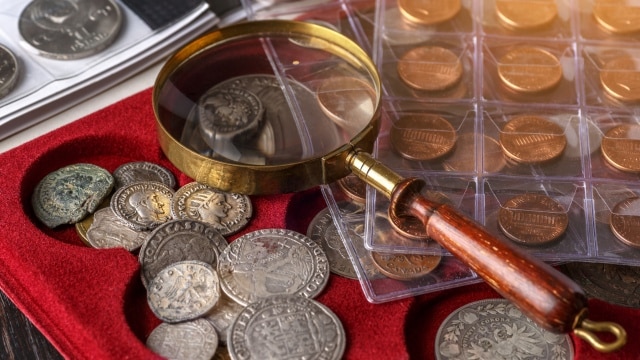
Step 2: Prepare your homemade cleaning solution
Before you clean your coins, make sure to prepare first your cleaning agents. A simple homemade solution for older coins is as follows:
- 4 cups of divided distilled water
- 1 tablespoon of mild hand soap
- 2 plastic containers
- A clean, soft cloth
- An old, soft-bristled toothbrush
Step 3: Soak the coins in the soapy mixture
Fill a plastic container with two cups of the distilled water and stir in the mild hand soap. This will create a soapy mixture that will work wonders on your dirty coins.
Once the soapy mixture is ready, carefully place the coins into the container, ensuring they are fully submerged. Allow them to soak in the solution for about 10 to 15 minutes. This gentle soaking will help loosen any grime or dirt clinging to the surface of the coins.
Step 4: Gently scrub and rinse the coins
Take the coins out and lay them on a clean, soft cloth. From here, use the old, soft toothbrush to gently scrub each coin, then place them in the second container with the other two cups of clean distilled water.
Step 5: Dry your coins
Let your coins sit for five to ten minutes, then allow them to dry naturally on a clean cloth.
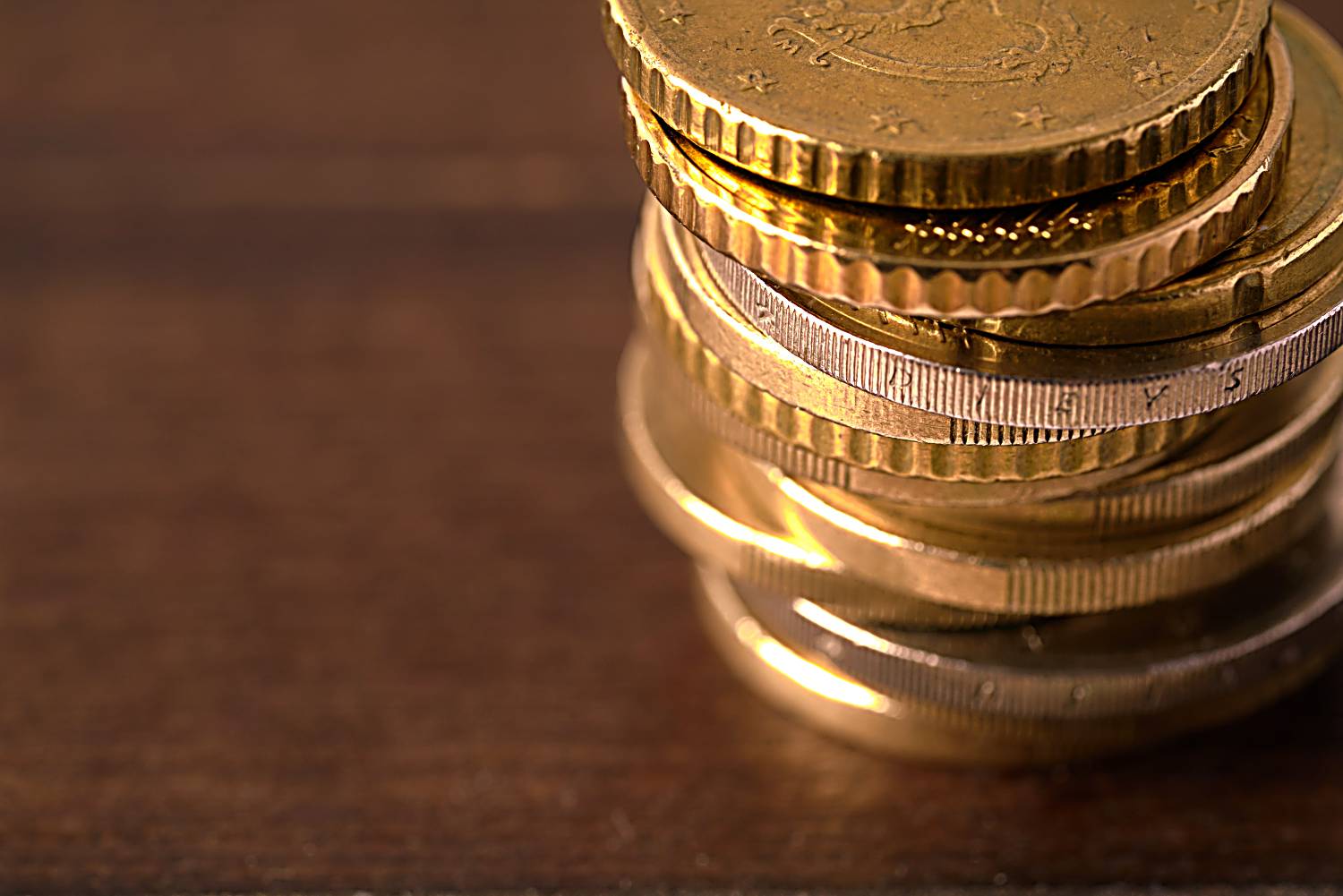
How to clean corroded coins for everyday use
If you want to clean your everyday change, you can opt for a more abrasive technique. Ensure that you are dealing with coins that have no collectible value first as there is a chance that this method will damage the patina, and as a result, the value of the coin (over and above its standard value).
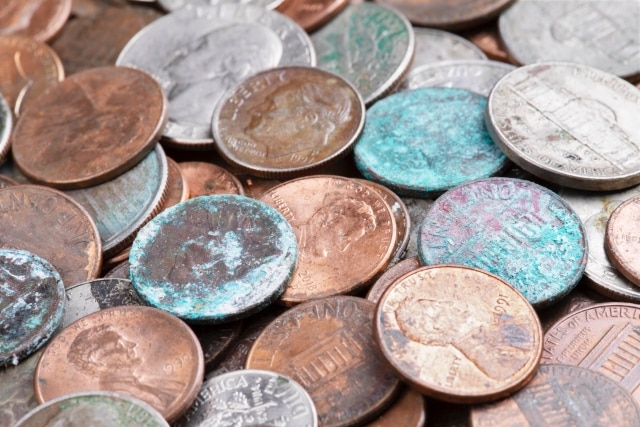
Here’s how to clean corroded coins for everyday use:
- Prepare a solution of warm, soapy water in a watertight jar and add a small amount of sand.
- Seal the coins in the jar with a tight lid and shake it as if you were making James Bond a cocktail.
- Remove the coins and rinse them under warm water, then use a clean, soft cloth to dry them.
- Refrain from rubbing the coins as the remaining sand may damage their surface.
How to clean coins with a soaking method
Another great way on how to clean coins without damaging them is by soaking them in isopropyl alcohol and salt. These two ingredients are coarse and acidic, which is an effective way to target built-up dirt.
Here’s how to do it:
- Combine one cup of isopropyl alcohol and two tablespoons of salt in a medium bowl.
- Mix the solution, then add the coins to the dish, allowing them to soak for at least two hours or longer if they are particularly grimey.
- When ready, rinse the coins in distilled water. It is important that you do that and avoid the use of tap water as there are chemicals in it that will erode the coins.
- Finish off by letting the coins dry on a clean, soft cloth, gently dabbing them and turning them over to ensure both sides dry properly.
How to clean copper coins with olive oil
Olive oil can clean your coins as the oil is an effective way to penetrate and loosen the dirt on the surface. However, be warned, this is not a quick method by any means.
If you’re already set on cleaning your coins with olive oil, here’s how:
- Grab a plastic container, place the coin inside and cover it completely with olive oil.
- Let it sit like this for at least a month or more, changing the olive oil if it becomes discoloured.
- When ready, remove the coin from the bowl and clean it with soap and distilled water. You can gently scour the coin with an old toothbrush to target any last remaining grit.
Did you know? Olive oil is also an effective way to clean brass. Just dab it on a clean cloth after you have removed the tarnish and rub the oil gently over the surface to enhance the shine and reduce the risk of tarnish over time.
How to clean coins with baking soda
Another popular option that you likely have laying around the house is baking soda. This is a popular homemade metal polishing solution or option for cleaning jewellery.
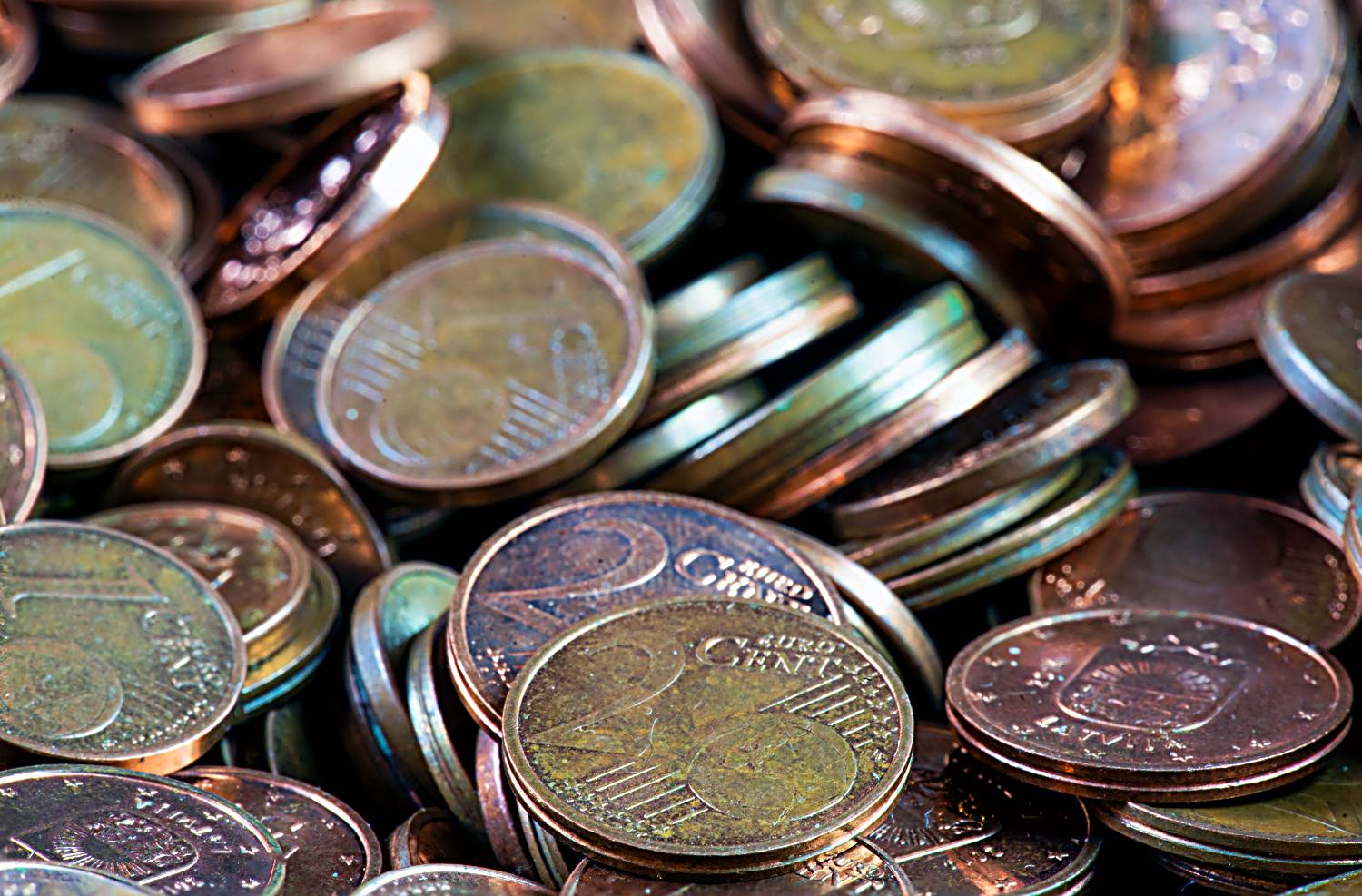
Here’s how to clean your coins with baking soda:
- Take two tablespoons of baking soda and add water until you have a thick paste.
- Massage the pass around the coin with your fingers in small circular motions.
- Rinse the coin with distilled water when done and dry it with a clean, soft cloth.
Key takeaway
Restore your coins with the cleaning tips we’ve mentioned above and get that spare change looking shiny and new. This is particularly important for collectible, high-grade, uncirculated coins, but it is vital that you exercise caution. The incorrect cleaning of valuable and collectible coins may reduce their value, so if in doubt, leave these to cleaning professionals.
Frequently asked questions
How do professionals clean coins?
In professional coin collecting circles, the general rule for cleaning coins is not to clean them at all. Coins that look dirty or worn out are often still more valuable than those that are newly cleaned. Coins undergo a natural process over time, known as toning. This is where oxygen or sulphur reacts with the coin’s metal causing a reflective quality known as mint lustre.
Cleaning products remove the lustre and add tiny scratches that can render the coin worthless. For these reasons, many professional coin dealers steer people away from cleaning. Play it safe and have your coins assessed and valued if you think they are worth something before cleaning them.
How do you clean coins without damaging them?
There is a simple homemade solution that is a great way to clean older coins without damaging them. The process involves distilled water, a tablespoon of mild hand soap, clean cloths, and an old, soft-bristled toothbrush.
Fill a plastic container with distilled water and stir in the mild hand soap in which you will soak the dirty coins for 10 to 15 minutes. After this, take the coins out, lay them on a clean, soft cloth, and use the old, soft toothbrush to scrub each coin gently. Place them in the second container with clean distilled water, let them sit for five to ten minutes, then allow them to dry naturally on a clean cloth.
What liquid cleans coins the best?
A simple solution of warm, soapy water in a watertight jar with a small amount of sand is a great way to clean coins that you don’t mind might get damaged. Seal the coins in the jar with a tight lid, shake it, remove the coins, and rinse them under warm water then allow to air dry.
Another effective liquid option is soaking the coins in isopropyl alcohol and salt. These two ingredients are coarse and acidic, which is an effective way to target built-up dirt. Once again, you’ll want to leave these coins to air dry on a clean cloth once you have soaked them in the mixture.


